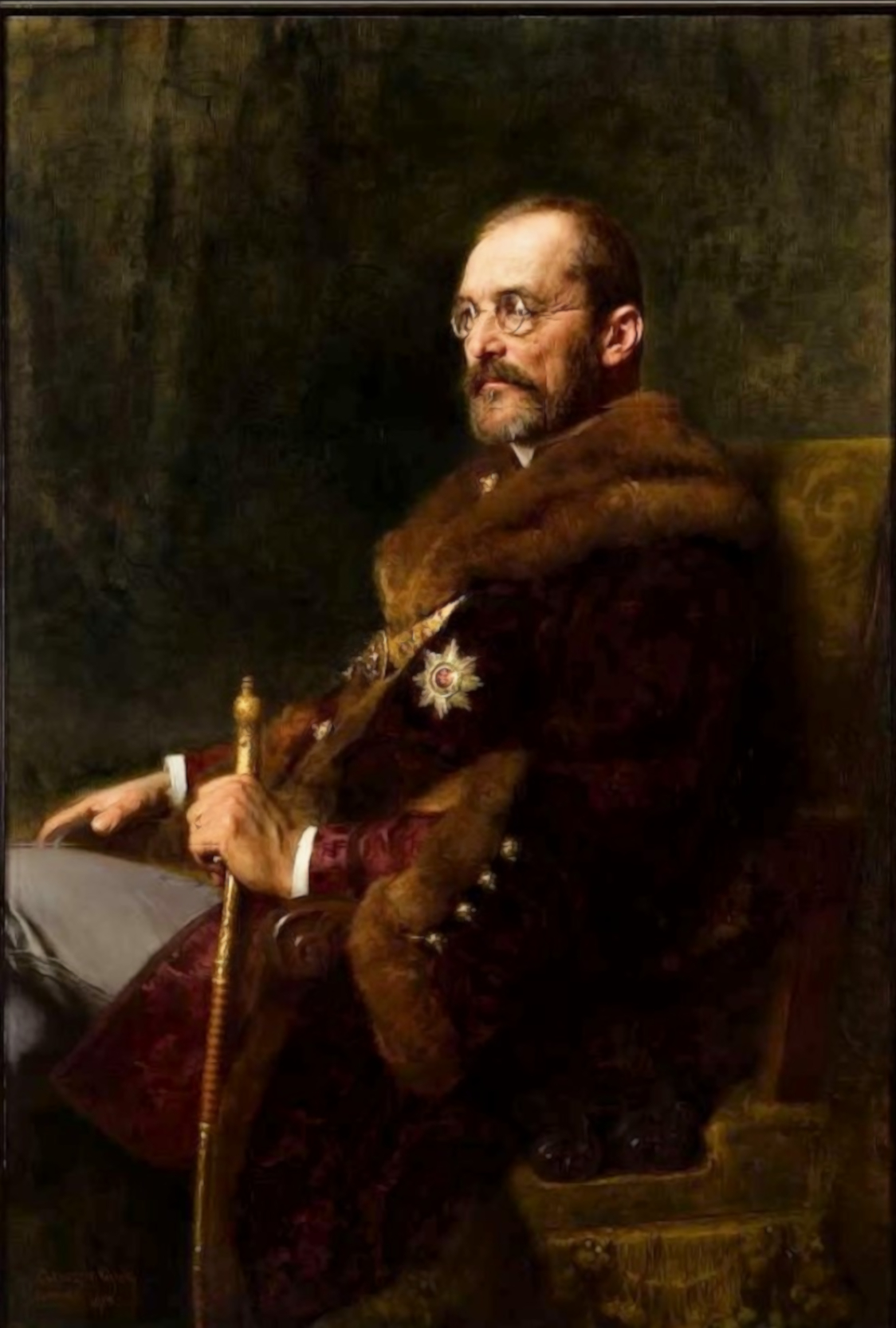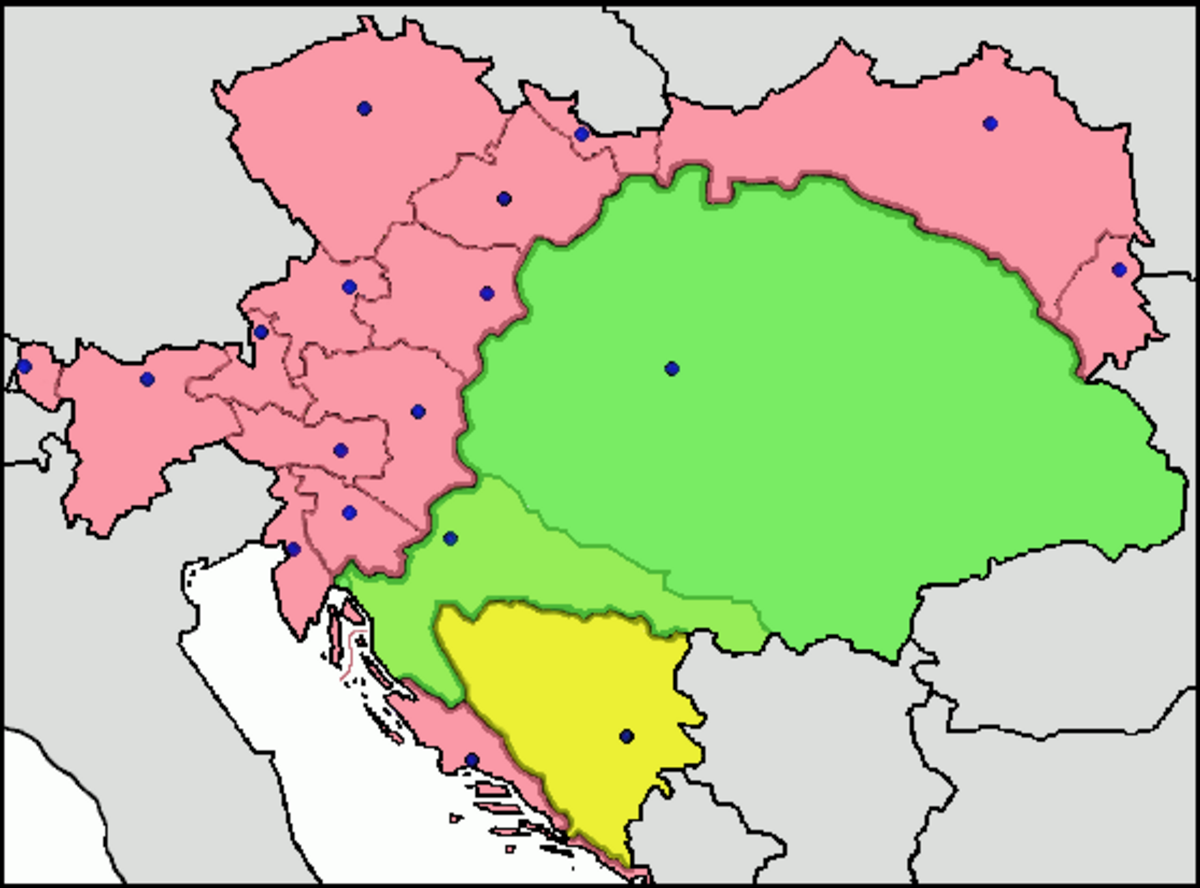sillygoose
Well-known member
What if FF managed to dodge his assassination in 1914, say his driver parks in a different side street and Princip doesn't get his chance. Things in Europe remain relatively quiet until 1917 when the Ausgleich negotiations are up. It seems that FF and the head of the Hungarian parliament, Count Tisza were bitter enemies and both planned to turn the 1917 Ausgleich renewal into a major showdown that threatened to cause a civil war, especially if Franz Josef had died or would die shortly:

 en.wikipedia.org
en.wikipedia.org
More info:
 www.jstor.org
www.jstor.org
The situation was even more complicated because Berlin preferred Tisza to Ferdinand:
FF considered pulling the the trigger on Plan U:
From Geoffrey Wawro A Mad Catastrophe:
So what happens with the 1917 Ausgleich and do other countries get involved if war starts? The Russian military build up start in 1914 would have finished in 1917 and Germany was slated to scrap the Schlieffen Plan in 1915.

István Tisza - Wikipedia
 en.wikipedia.org
en.wikipedia.org
On 19 February 1910, Tisza established the National Party of Work (Nemzeti Munkapárt) which subsequently won the election of 1910. He did not desire to form a government, primarily due to his conflict with Franz Ferdinand who sought to centralise the Habsburg Monarchy with universal suffrage. Tisza opposed this initiative, as he believed that this would lead to the weakening of the Magyar supremacy over ethnic minorities in Hungary. In addition, he claimed demagogues (i.e. Communists and agrarian socialist movements) would manipulate peasants to put in power groups that oppose democracy.[13] Tisza was supported by the emperor, but he feared a repeat of the faults of his first prime ministry and thus called for Károly Khuen-Héderváry to form the new government. Despite Tisza was not prime minister again until 1913, as the founder of the National Party of Work, his power and influence on the ruling majority party was completely absolute. In this way Tisza could remain the key figure of Hungarian politics and legislation behind the curtains, even without having premiership.
More info:
A Letter of Count Tisza's on JSTOR
Stephen Tisza, Hamilton Fish Armstrong, A Letter of Count Tisza's, Foreign Affairs, Vol. 6, No. 3 (Apr., 1928), pp. 501-504
The situation was even more complicated because Berlin preferred Tisza to Ferdinand:
Tisza became the ‘strong man’ of Hungary and was able to continue his previous policies. He was an uncompromising representative of Magyar interests in the supranational state, which made him into a bitter opponent of the heir to the throne Archduke Franz Ferdinand, who sought to water down the special status of the Magyars established by the 1867 Compromise and to strengthen the central authority. Tisza also rejected an extension of federalism, which would have helped the smaller nations to obtain more autonomous rights.
Tisza’s dictatorial regime also influenced the political atmosphere in the first years of the First World War. Supporters of change in conservative Viennese circles looked enviously at Budapest. Thanks to his firm opposition to democratic tendencies, Tisza was also seen in Berlin as a more dependable partner than the government in Vienna, which had to be more open to compromise in view of the diverging interests of the various national groups.
FF considered pulling the the trigger on Plan U:
From Geoffrey Wawro A Mad Catastrophe:
By 1917 the Hungarian Honved had gained artillery units and was quite a bit more formidable than in 1905, so Tisza, having become more radical and firmly in charge of the Hungarian political scene, seems like he would have fought rather than let FF have his way."All objective observers laid the decline of the Austro-Hungarian military at Hungary’s door. The rulers in Vienna were no exception, and following the 1903 concessions those outside the emperor’s drowsy and rather credulous inner circle began planning to do something about the Hungarian impediment. Quietly, the forty-two-year-old Archduke Franz Ferdinand added a Plan U—as in Ungarn (Hungary)—to the raft of Austrian war plans in 1905. If the Hungarians continued their obstruction of every Austrian effort to revive the monarchy, a large Austrian army would stream into Hungary by rail and the Danube, seize Budapest, and install a Habsburg military governor. Of the five Austro-Hungarian corps situated in Transleithania, only one—IV Corps, recruited around Budapest—was expected to fight for Hungary in a civil war. The rest were manned with Croats, Rumanians, Slovaks, Ukrainians, and Serbs and were expected to fight for the emperor. According to the French embassy, a civil war “like 1848,” when Austrian troops had invaded Hungary and crushed a revolution there, was avoided in the early 1900s only because the Hungarians knew that they would lose a military contest and the Austrians feared that the Italians would seize the opportunity presented by an Austro-Hungarian civil war to invade contested Habsburg territories like Trieste, Trentino, and South Tyrol."
So what happens with the 1917 Ausgleich and do other countries get involved if war starts? The Russian military build up start in 1914 would have finished in 1917 and Germany was slated to scrap the Schlieffen Plan in 1915.

